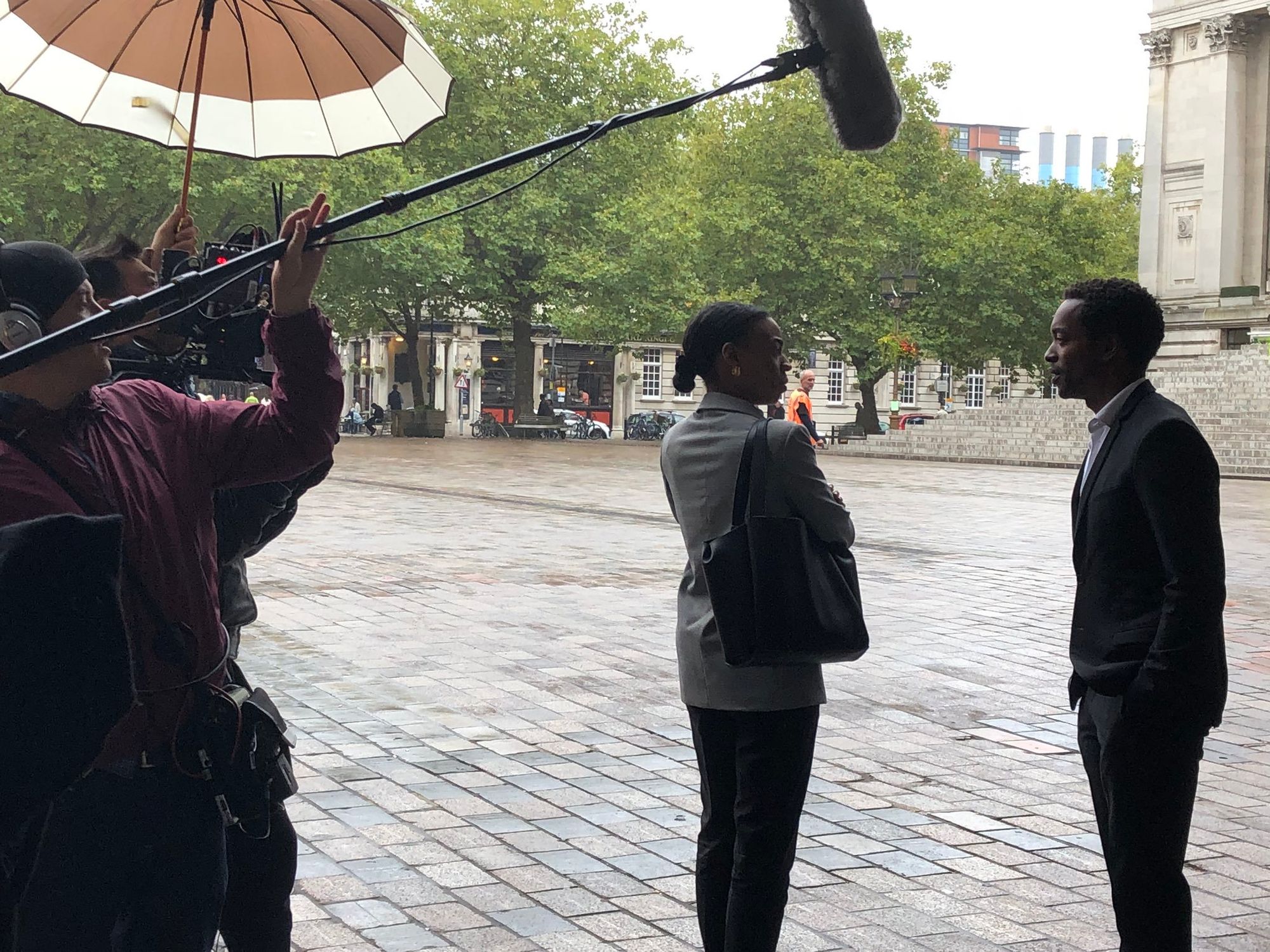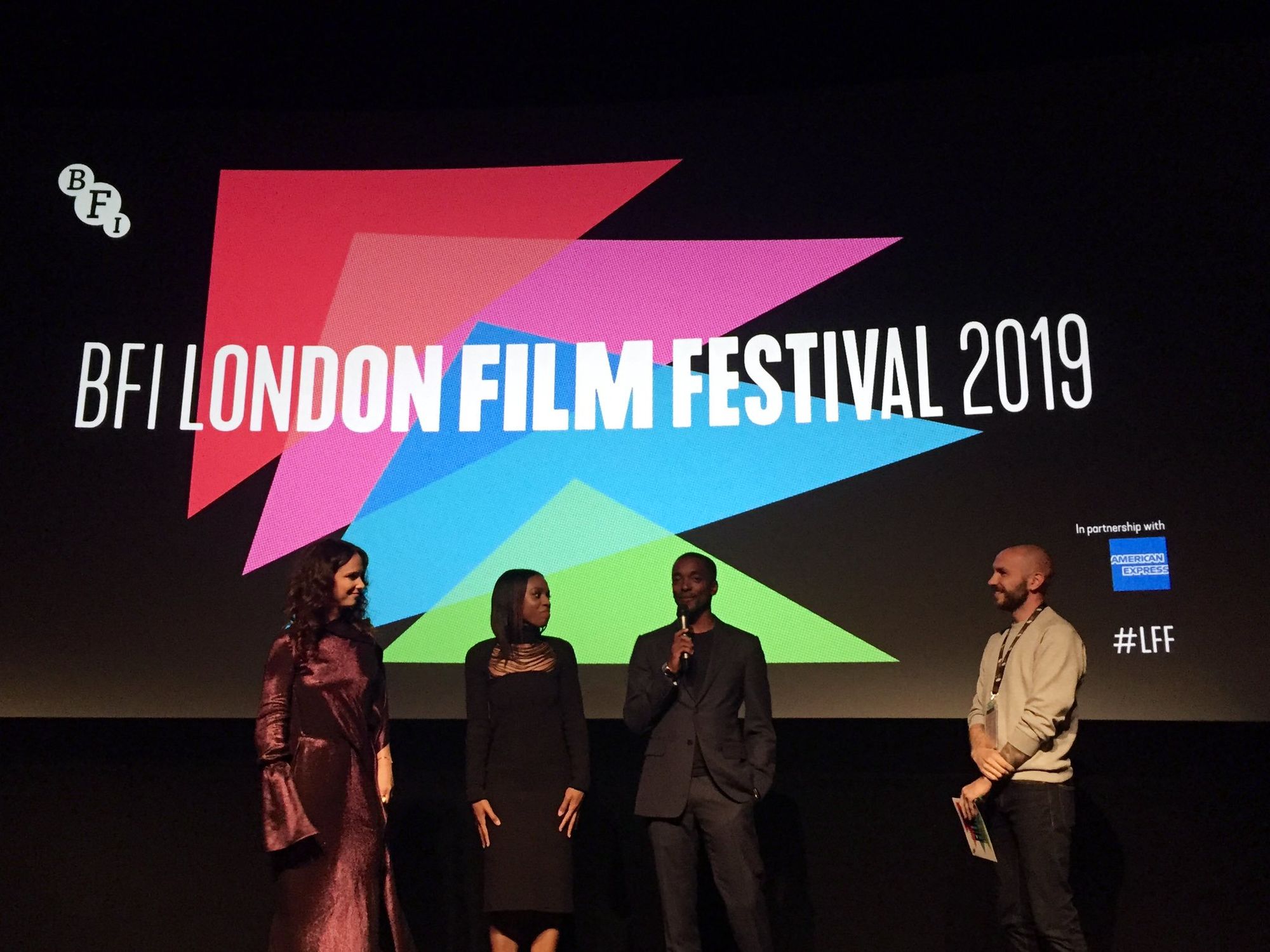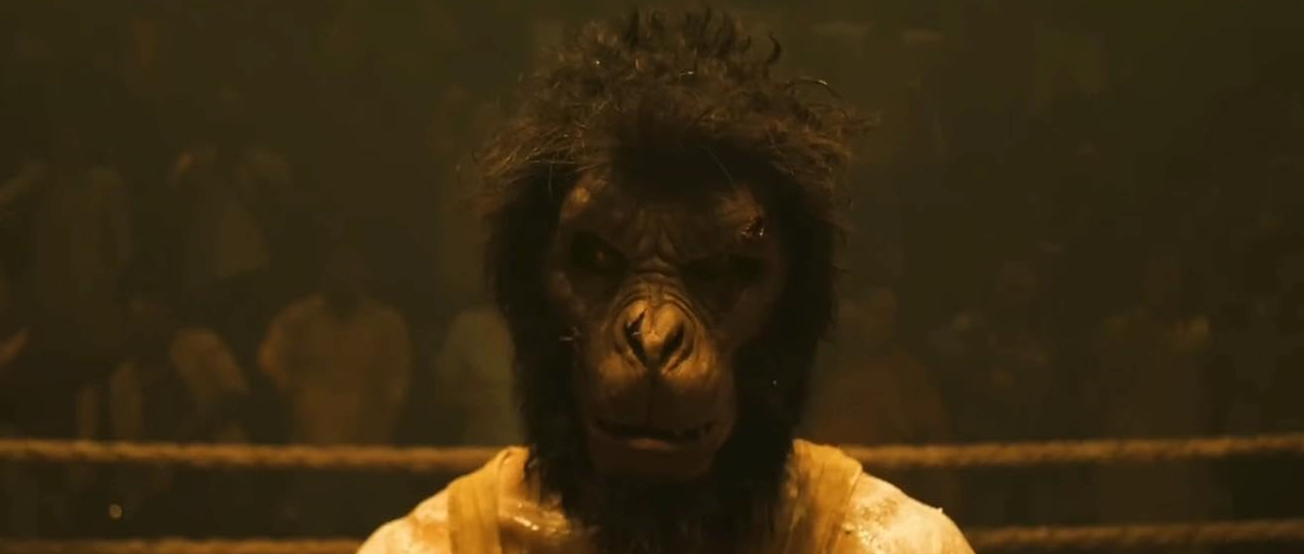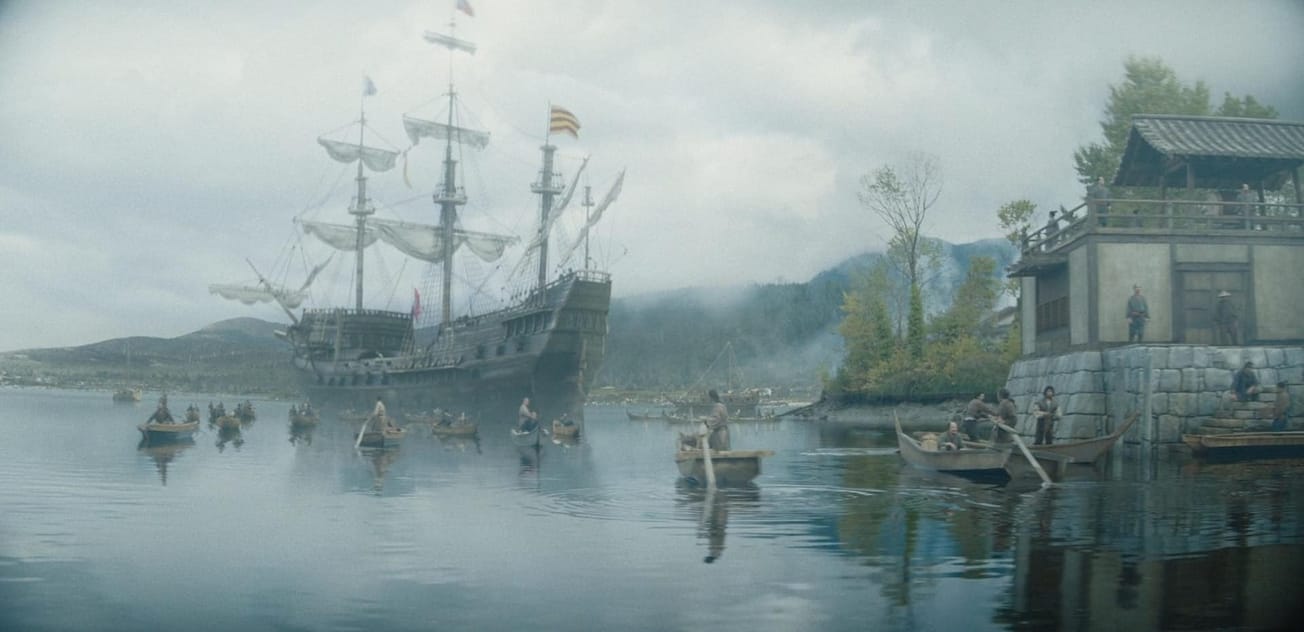By Siavash Minoukadeh, Arts Sub-Editor
Aki Omoshaybi’s debut is a confident foray into love and class in modern British society. Carefully blending personal drama with social commentary, the result is Real (2019) - a sharply-observed picture of young love in Britain that avoids being overwhelmed by broad social commentary.
The plot, very simply is that Kyle (played by Omoshaybi himself) and Jamie (Pippa Bennett-Warner) having run into each other begin to develop a relationship, albeit one built on lies. As reality pushes against their fictions and the truth begins to emerge, we are provided with a rich portrait of two complex, but human characters. They may have lied in a way that seems odd and inexplicable to the audience, but they each have a valid reason to do so.

From the smooth-talking Kyle and determined single mother Jamie, through to the smaller roles like Kyle’s religious mother or Mika - Kyle’s family friend turned petty criminal - each character has a history. This is not thrown in as a deus-ex-machina exoneration of their actions at the last minute, but teased out over the course of the plot so that the characters become complex, nuanced figures who can’t be simplified into ‘good’ or ‘bad’ personalities.
The characters become complex, nuanced figures who can’t be simplified into ‘good’ or ‘bad’ personalities.
It would be an injustice to discuss Real or its characters without any mention of how class plays a role in their actions. The core of the film’s premise is based on Jamie and Kyle each initially pretending to be high-flying middle class professionals when the reality is anything but.
Whoever works on policy for income inequality and the housing crisis should be made to watch @Real_TheFilm.
— Shane Thomas (@tokenbg) October 7, 2019
👏🏽 @aki_oooo
Real shines, fittingly enough, by sensitively unpacking why each feels lover the need to hide their true selves. It is not a simple case of Omoshaybi denouncing those who want to mask their working class identity as ‘dishonest’ - Jamie is studying an open course and Kyle attended university - but neither is it justifying their reluctance to reveal their true selves.
What is so striking about Real is how class is not a subject of the film, but it is instead woven into every action taken by the characters. Cinematic politico rival Ken Loach’s broadside polemics on class might make a great political message, and that is something valuable in itself, but what they gain in rhetorical power, they lose in human nuance.
If this is what the future of British film is, then I have little to complain about.
Comparing Loach’s work to Real also brings out how accurate Omoshaybi’s depiction of urban British life is. Without falling into the worn tropes of high-rise council flats with flickering fluorescent lights and hoodied teenagers, the cinematography manages to capture wide-angle shots of flats above shops or terraced housing, casting them in a welcoming, familiar light.

The sound design shines here as well. Throughout, a gentle background hum - of cars, rain voices - serves as a gentle reminder that all this action is taking place in a city. It’s a subtle way to work in the social setting.
Thankfully - and unsurprisingly, with it being a black-British film - it showcases a wealth of black talent. Set in a town that is not London or Birmingham, it manages to create a story of black England that is authentic and warm, with the narratives of racism too often seen in stories of black-British people outside a few cities being dropped for a story that focuses on their lives, rather than the oppression others do unto them.
Today at @BFI #LFF : Talking to #AkiOmoshaybi whose film "Real" is in "Love Strand" https://t.co/65iM6MNpnS Watch our interview here: https://t.co/KzO9DJJUo7@aki_oooo @real_thefilm #LFF2019 #Movies #FilmNews #ICO
— ALT AFRICA (@alt_africa) October 6, 2019
It is especially nice to see this given that the film’s release falls within British Black History Month, and is an example of the quality of current Black-British filmmaking. Omoshaybi has made his entrance onto the film scene with a confident, human story and a cast who are able to do it justice.
True, there wasn’t a moment where I was blown away by technical skill or brought to tears by a performance, but Real worked on me in a quieter, less theatrical way and at the end of the day, I was told a story I’m glad to have been exposed to. If this is what the future of British film is, then I have little to complain about.
Featured: IMDb / Small Long Productions
Are you keeping up with the new wave of Black-British cinema?









